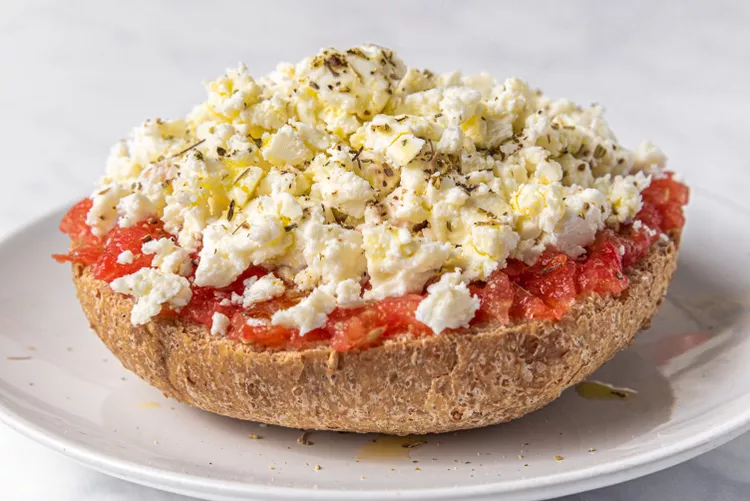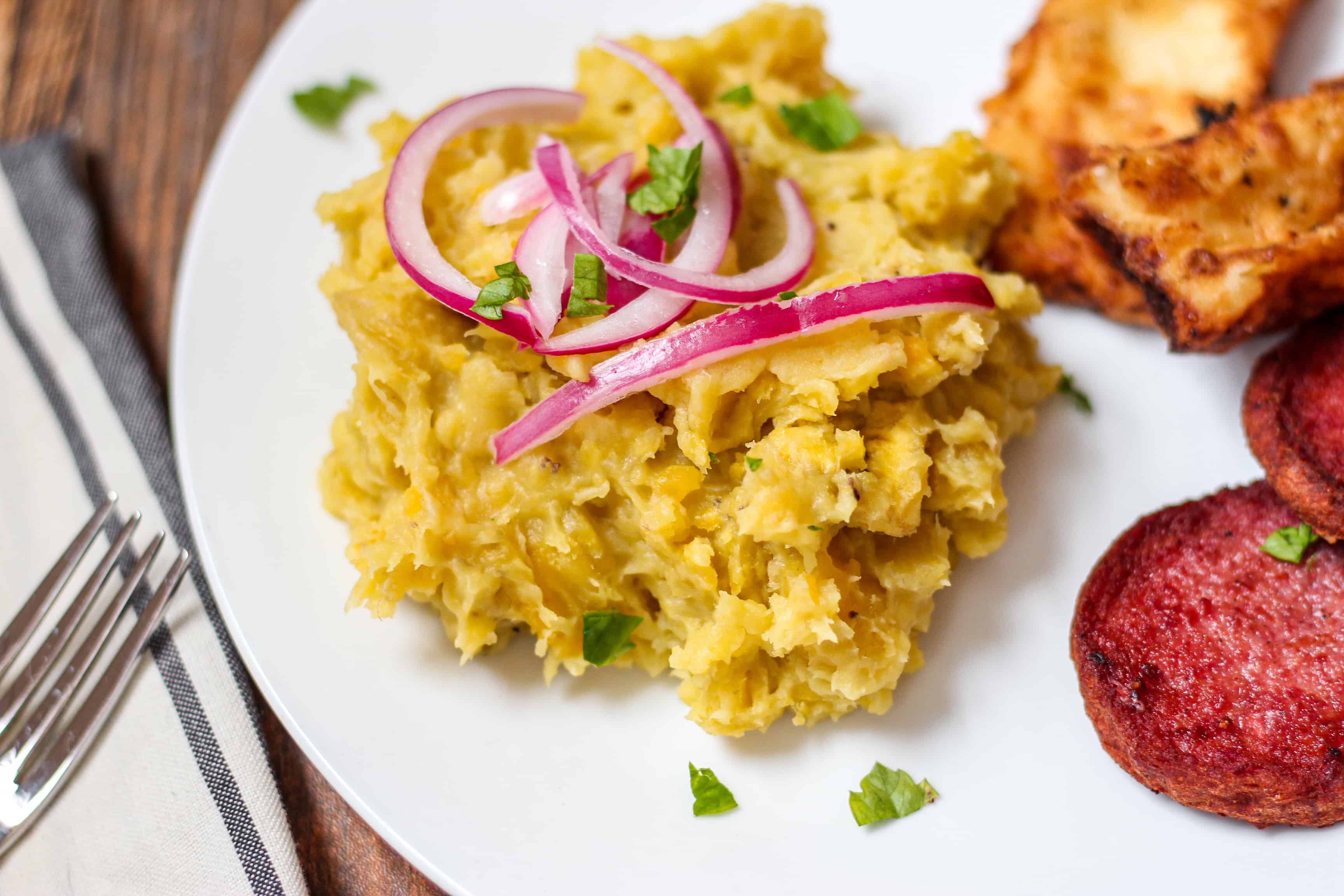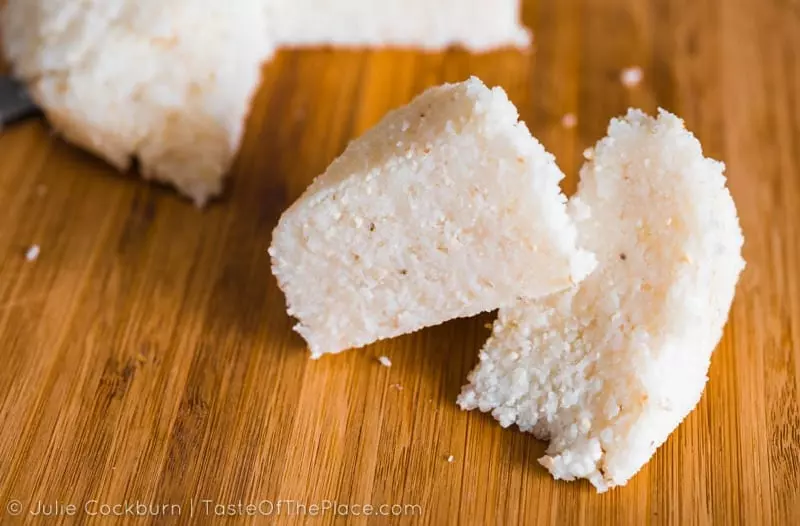Cooking in Crete

I decided to write about one country I haven’t been to but will be traveling to in May of 2024. Greece has been on my bucket list for years. And now finally, in less than six months, I get to go there on my honeymoon!
While researching which island to go to in Greece, I had no idea there were so many to choose from! After much research, focusing on places to stay, prices, and things to do, we decided we did not want to go to one of the more touristy islands, such as Santorini. Instead, we landed on Crete. We will be staying at an all-inclusive for the first five days in Heraklion, then a bed and breakfast for the next four days in Rethinmno, and for our last six days, we’ll be staying at the cutest Airbnb villa in Chania.
I am so excited to be able to explore all these towns of Crete! And of course, as a foodie, I cannot wait to taste all the delicious Cretan food, not to mention the wine!
Culture in Crete
The culture in Crete is steeped in thousands of years of rich history. Discover Greece writes that it is said that the Greek god, Zeus, was born in a cave in Crete. With Zeus known as the god of hospitality, Cretans also are known for this trait and it has become their way of life. Cretans are also known as craftspeople, with shops displaying their basket-making, fabric-weaving, and pottery throughout the island.
One of the biggest aspects of Cretan culture is their food. Greek cooking is known for being one of the cleanest and simplest in the world, with no preservatives and natural, fresh ingredients. Crete is especially known for their wine and extra-virgin olive oil. Another dish that characterizes Cretan food is known as dakos.
Dakos or ntakos
Dakos, also called ntakos, is a Cretan salad that includes a dry barley rusk, grated or chopped ripe tomatoes, and crumbled feta or Cretan xynomyzithra cheese, dressed with delicious extra-virgin olive oil. This simple dish does not have a definite origin story, but it is speculated that it originated in Crete or another Greek island. Dakos is often served as an appetizer or salad.
Dakos has really begun to gain traction for Cretans and those visiting Greece for a variety of reasons. In the Olive Oil Times, Anastasios Papalazarou (2023), an Athens-based nutritionist and dietician, shares: “A portion of the traditional dakos dish accounts for 20 percent of the daily need of the human body for proteins and 20 percent in dietary fiber.” This salad not only boasts tons of vitamins and minerals, but it also encompasses the essence of Greek cuisine. The simplicity of the dish, along with its local, fresh ingredients, characterizes the nature of food in Crete.
The more I researched about Crete, the more excited I have become to go and see (and taste!) everything for myself! The culture is so rich in history and tradition, the people are so kind and welcoming, and the food is not only healthy, but some of the most delicious in the world!

